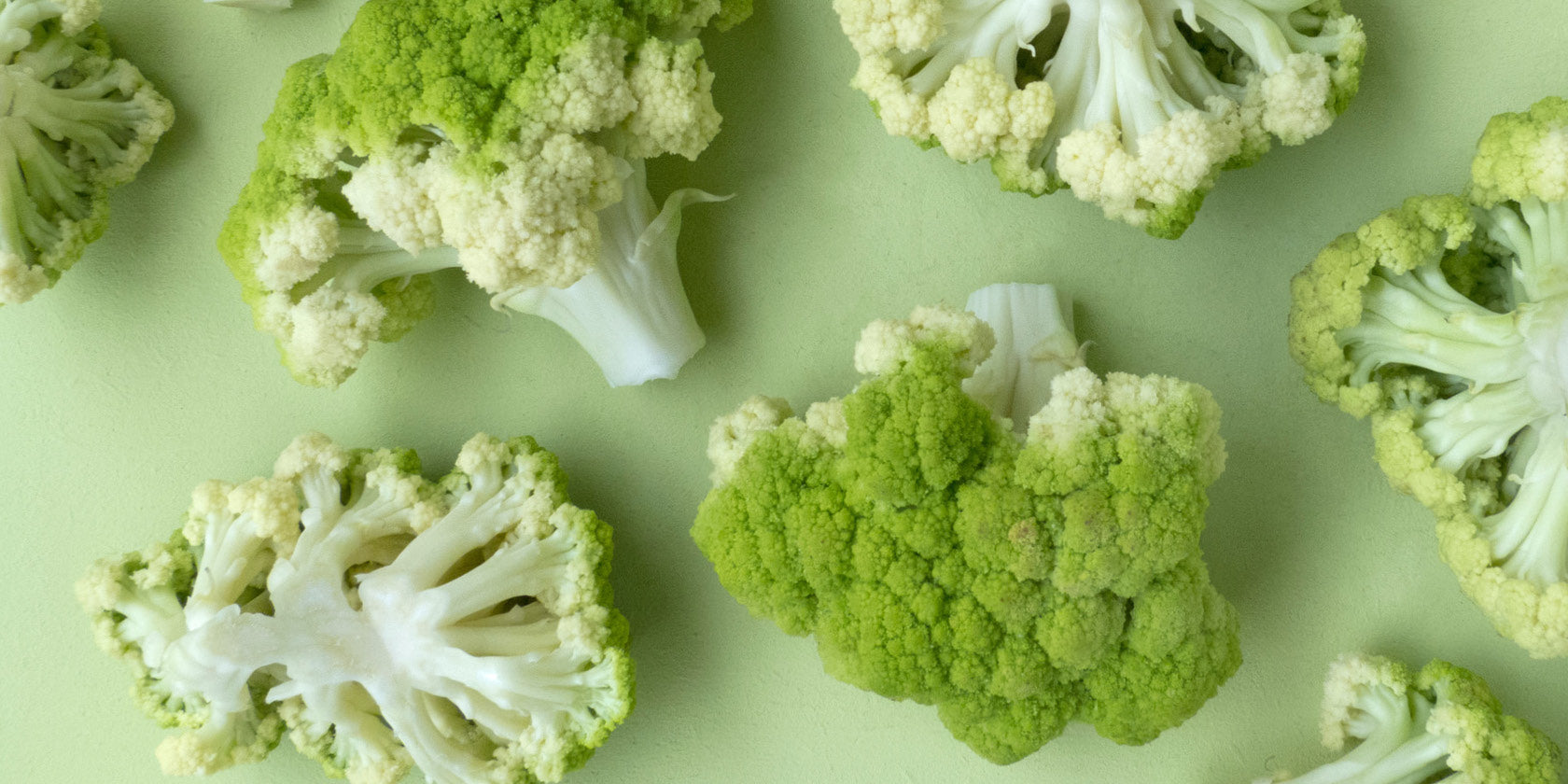
all about veganism: the goodness that it brings to your body
The vegan diet is associated with a love for animals and the environment. Veganism eliminates all animal products from the diet, including dairy and eggs. The common reasons why people go vegan include animal welfare, environmental issues, and the health benefits that it brings. It might not be easy at the beginning, but having the following vegan pantry essentials will make your transition smoother.
fruits and vegetables: Your diet will be plant-based, so you need to stock up on fruits and veggies. Think of vegetables that you can use in your salads and sandwiches and go for fruits that are in season because they tend to be cheaper. You might also opt for the frozen variants for longer storage life.
nuts and seeds: Almonds, walnuts, chia seeds, and pumpkin seeds should also be pantry staples for a vegan diet. Aside from the protein that you can get from these, they are also good sources of healthy fats, which is very important. They are quite versatile as you can eat them alone for snacks, add them to your salads or vegetable dishes, or pour them into your oatmeal to make a powerhouse breakfast.
herbs, spices, and other condiments: To give more flavors to your meals, it is a must to have herbs, spices, and condiments in your pantry. These will also help diversify your selections, especially when you are just getting your taste buds acquainted with your new diet.
milk: If you are used to consuming dairy products like milk, it might be a huge adjustment if you suddenly can’t consume them anymore. Luckily, there are plant-based milk products that you can substitute such as soy milk, almond milk, cashew milk, and many more. You won’t have to eat dry cereals after all.
protein powders: Taking vegan protein powders will add to your protein source while on the diet. They can also help in faster muscle recovery after exercise or other strenuous activities. Good vegan protein powder usually has more than two protein sources. It should also be low in sugar or sugar alcohols, and organic. An example of an organic vegan protein that is also popular on the market is the Garden of Life Protein Powder.
grains, legumes, and beans: Higher consumption of grains, legumes, and beans can help replace most of the nutrients that are found in meat. For starters, you can go with the basics such as oatmeal, brown rice, edamame, chickpeas, and soy products. There are also several meat replacements that are made from grains, legumes, and beans that can substitute meat when you are craving it.
yogurt, cheese and butter: These products are usually made from dairy, but luckily there are vegan alternatives that are equally tasty and healthy. There are yogurts made from soy, coconut, and almond as well as vegan cheese slices and shreds. Nutritional yeast also tastes like cheese and is perfect for your salads and soups.
How Good Is Veganism?
Going vegan is a heart-healthy move. A diet that is based only on plant products can help eliminate diseases that are often associated with unhealthy animal fats. In a study conducted last 2019, it was found out that a high plant-based diet and a decreased animal product intake can lessen the risks of heart diseases and prevent death in adults.
The vegan diet is also known to improve the digestive system. It is very high in digestive enzymes and probiotics that keep your gut healthy. These probiotics are also said to be good for mental health. Another benefit that your body gets from veganism is weight loss. When you eat only plants, you get the nutrients with lower calories, and this can prevent obesity and promote losing weight. Veganism can also reduce the risk of cancer as stated in a study conducted last 2017. In the said study, the risk of a person having cancer is decreased by 15% if that individual goes on a plant-based diet.
Are There Risks Associated With It?
Aside from the pros, there are also cons associated with a vegan diet. For one, you might lack certain vitamins and minerals that are usually high in meat products and are relatively low in plants. Examples of these are iron, vitamin B12, and zinc. Low intake of these vitamins and minerals can lead to a severe nutrient deficiency which might cause disorders or impaired body functions. Taking supplements and making your meals as diverse as possible can help prevent this from happening. Another risk associated with going vegan is being overweight. Yes, weight loss is the common result of a vegan diet, but if it becomes too drastic, it can backfire. The switch from a regular diet to a vegan one can actually make an individual crave too much food, leading to unhealthy choices and weight gain. To prevent this from happening, you should make the switch as smoothly as possible. Make it gradual until your body fully adapts to the new diet.
Going Vegan All the Way
Some individuals actually want to go vegan holistically. This means that aside from your diet, you will also go for plant-based options in all of the different products that you use such as cleaning agents, skincare, clothes, and other necessities. Luckily, there are already several plant-based products in the market. These products are usually all-natural or organic, harm-free, and cruelty-free.
by jason hughes
Founder of Vegan Liftz







